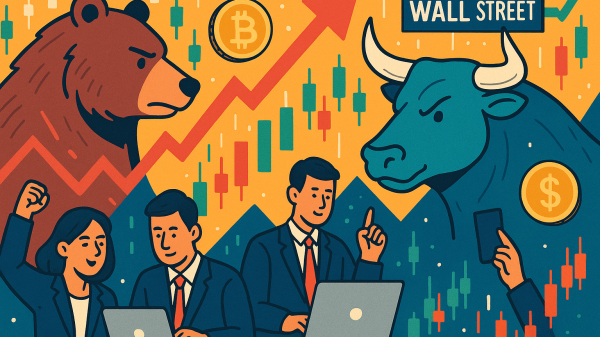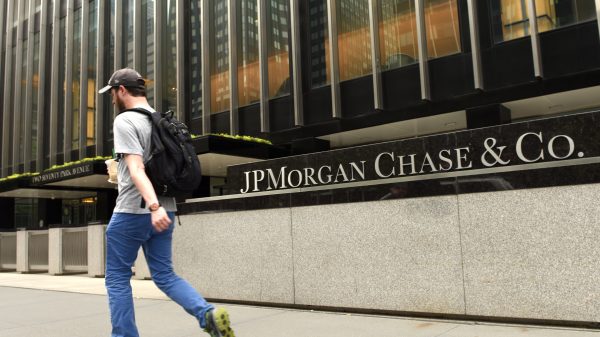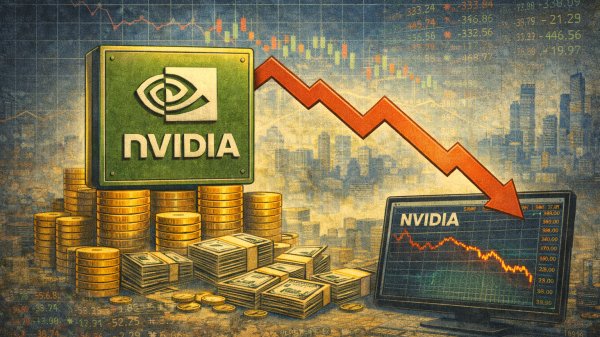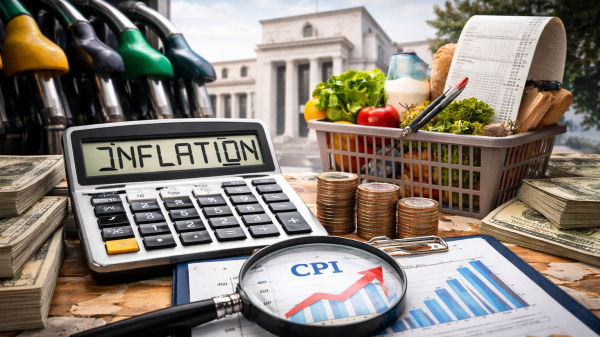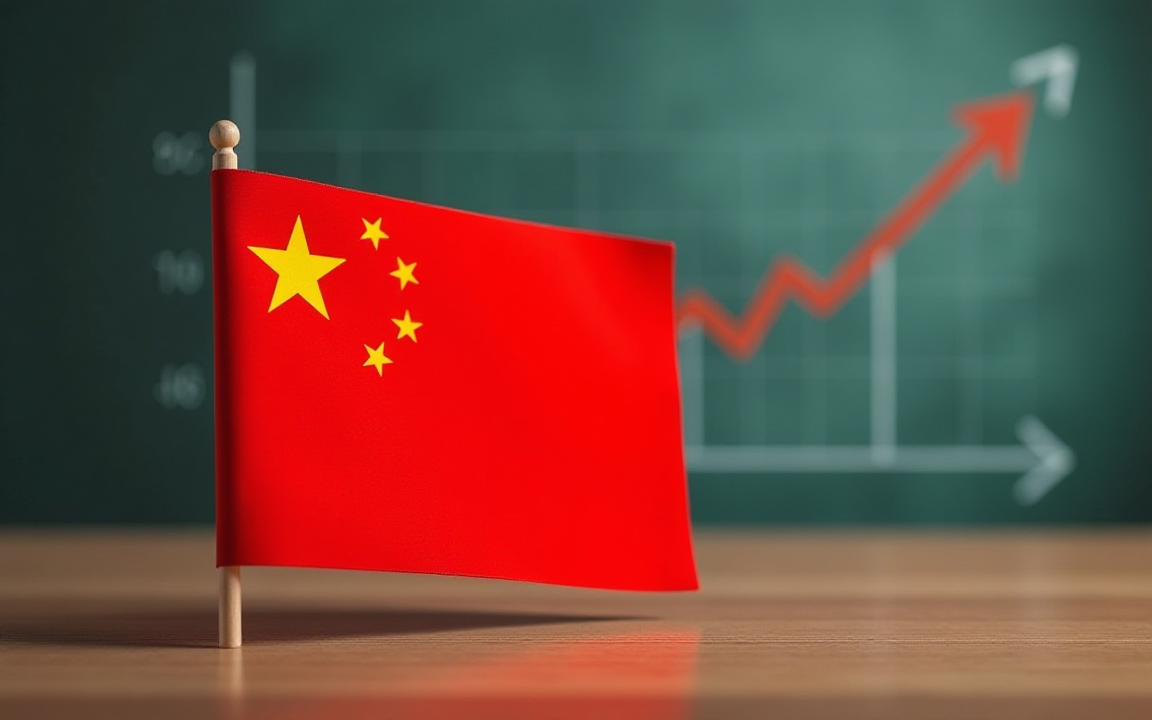The recent rise in retail sales growth in China due to stimulus measures is just temporary, according to Commerzbank AG.
The policy impact is unlikely to be long-lasting, the German bank said.
A significant increase in loss-making businesses indicates a gloomy outlook for business confidence and employment, subsequently impacting consumer confidence.
“Therefore, Beijing has a lot more work to do if the policymakers want to prioritize lifting consumption as one of the key policy goals,” Tommy Wu, senior economist at Commerzbank AG, said in a report.
Strong industrial output and higher-than-anticipated retail sales growth indicate a robust first half of 2025.
Both grew by approximately 6% year-on-year in real terms during April-May.
These figures indicate that GDP might surpass our expectations again in Q2, potentially growing over 5% year-on-year, following a 5.4% growth in Q1, Wu said.
Consumption stimulus programs lack lasting effects.
Retail sales have benefited from the government’s trade-in program, which offers subsidies for major consumer purchases like home appliances, cars, and consumer electronics.
However, the program has faced challenges.
By early June, over half of the CNY300 billion allocated by Beijing for this year’s trade-in program had already been distributed.
This high consumer participation has led to local governments quickly exhausting their subsidy funds.
Local governments may soon receive the remaining program funds from the central government.
Wu said:
However, in our view, it is unclear whether consumer confidence has actually improved, given that the outlook for jobs and incomes has remained uncertain.
Despite hovering around zero in recent months, CPI inflation has failed to reverse the weak underlying demand, a trend exacerbated by a worsening PPI deflation of (-)3.3% in May.
This suggests the protracted deflationary cycle since 2023 will be difficult to overcome.
Since 2023, the GDP deflator, a comprehensive indicator of economy-wide prices, has remained in deflationary territory.
To survive weak demand, firms are cutting prices, exemplified by China’s auto market price war where some EV models saw over one-third price reductions.
This aims to attract demand despite government stimulus supporting auto and other big-ticket consumer goods.
“This is a reflection of how weak the underlying consumer demand has been,” Wu added.
Private sector weakness hits job creation
Deflation has significantly impacted corporate profitability, with the proportion of loss-making firms rising from just under 10% in 2011 to 23% in 2024.
This increase is primarily attributable to the private sector.
Although the surge in loss-making private companies since 2021 can be partially linked to the current real estate downturn, this upward trend began much earlier, in 2017.
Market competition appears to have been consistently intense, leading to a build-up of over-capacity.
A lack of profitability and weak confidence will deter businesses from hiring.
“As the problems of overcapacity and employment are structural, Beijing needs to allow and initiate meaningful reforms and consolidation in various industries to resolve these problems,” Wu said.
Limitations
Due to a lack of tax and land sales revenues, the government sector must increase its borrowing, a necessity driven by the slow economy and ongoing housing downturn, according to Commerzbank.
By 2025, the central government’s debt is expected to be under 30% of GDP, which is low when compared internationally.
However, local government debt, encompassing both official debt and that from local government financing vehicles, is projected to exceed 100% of GDP according to the German bank’s calculations.
It has been widely contended that the central government has the capacity to assume a greater debt burden on behalf of local administrations.
“While this is true to some extent, we believe there is a limit as to how much more debt the government can carry,” Wu added.
Fiscal limitations are likely to eventually curb the current policy stimulus.
Our concern is that, once the stimulus slows or even stops, the macro picture will worsen again.
The post Commerzbank sees China economic growth slowing in second half of 2025 appeared first on Invezz



